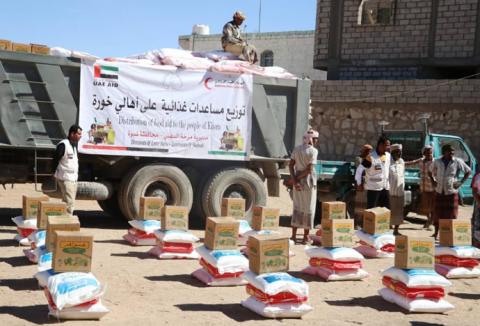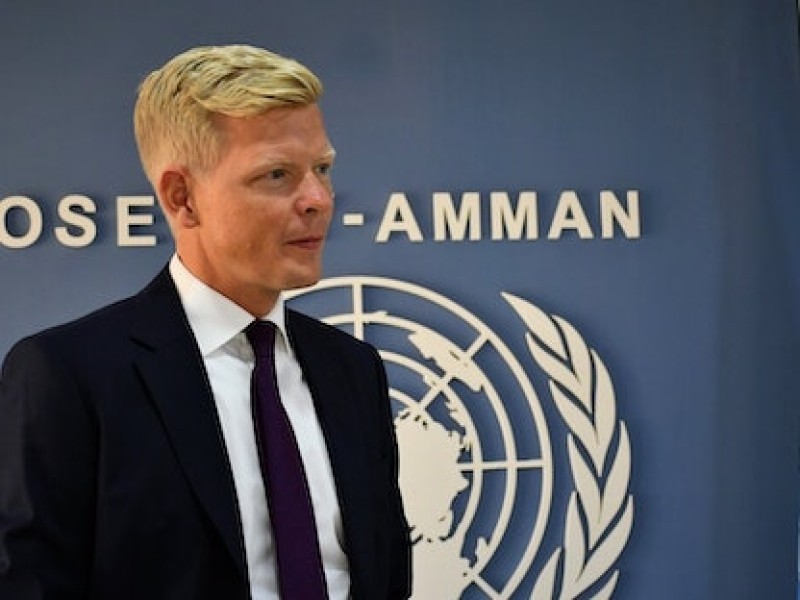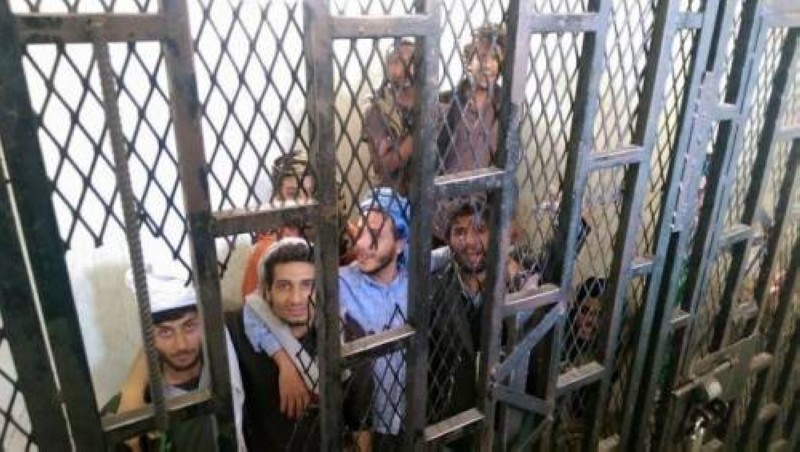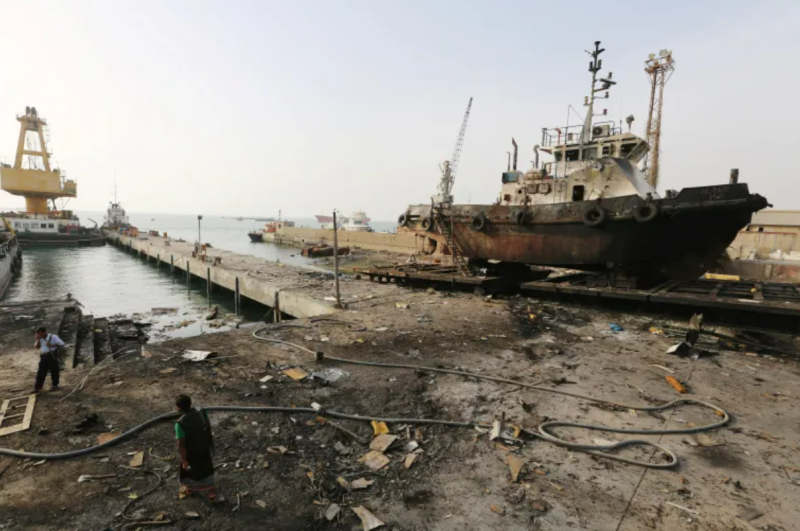Yemen president refuses new round of talks until implementation of Sweden deal


Yemen President Abdrabbu Mansour Hadi said on Tuesday that progress must be made on a peace deal reached in Sweden before a new round of talks can be held.
UN special envoy to Yemen, Martin Griffiths, arrived in Riyadh on Tuesday to meet with Yemeni government officials, having earlier travelled to Sanaa for talks with Houthi leaders.
The international body has been pushing for the implementation of a ceasefire and troop withdrawal from Hodeidah, the main entry port for Yemen’s goods and humanitarian aid.
It stipulates that a new security force will be taking over the city, a critical move to prevent famine and to open humanitarian corridors.
The deal was reached during UN-led talks in Sweden in December.
But Yemen’s government has accused the Houthis of endangering the deal.
“We need to have reassurance from the UN that the agreement reached in Sweden is fully implemented by the Houthis before a new round of talks can take place,” Mr Hadi told the UN envoy.
Mr Griffiths planned to hold a further round of talks this year designed to make progress on a long-term political settlement to end the nearly four-year-long civil war.
Negotiations between the warring parties last week produced what the UN called a "preliminary compromise" on how to withdraw troops, although the deal has not yet been finally agreed.
Talks were also held in Amman, Jordan, on a prisoner exchange deal, but representatives from the two sides failed to finalise the swap.
The exchange is seen as a critical element to building on the Swedish agreement.
Despite the setbacks, the UN mission in Yemen remains optimistic that progress can be made.
It comes as Yemen’s Minister of Information Moamar Al Eyrani denounced on Tuesday what it described as a “biased” UN statement on the Houthis' commitment to allow aid into rebel-held areas.
In a joint declaration Mr Griffiths, along with UN aid chief Mark Lowcock, warned that grains stored in Hodeidah were in danger of rotting if access to the stocks was not permitted.
Accessing the 51,000 tonnes of UN wheat and milling equipment is a key aim of ongoing peace talks.
The officials said the rebels had made "efforts to re-open the roads leading to the mills”. But they also called for urgent access to the stores in the Houthi-controlled port city.
Mr Al Eryani said that the statement contradicts the UN’s previous remarks which held the Houthis responsible for preventing the delivery of wheat stocks.
The statement is “clearly biased and does not portray the reality on the ground, where the Houthis are continuing to disrupt the implementation of the Swedish agreement,” Mr Al Eryani said.
The World Food Programme (WFP) said in January that food aid meant for starving Yemenis was stolen in some areas controlled by the rebels.
Many individuals had not received the food rations to which they are entitled, WFP said, after reports emerged that humanitarian food was being sold in markets in Sanaa.
“This conduct amounts to the stealing of food from the mouths of hungry people,” WFP Executive Director David Beasley said.
“At a time when children are dying in Yemen because they haven’t enough food to eat, that is an outrage. This criminal behavior must stop immediately,” Mr Besley added.
AFP.

Aden – The UN Special Envoy to Yemen, Hans Grundberg, has warned that the accelerating economic decline in the country poses a direct threat…

Human rights reports have revealed that the Houthi group is expanding its network of detention centers in Amran province, establishing more than 14…

Aden - Houthi Militia in Yemen disclosed on Sunday that the major Red Sea ports of Hodeidah, Salif, and Ras Issa incurred substantial losses amount…